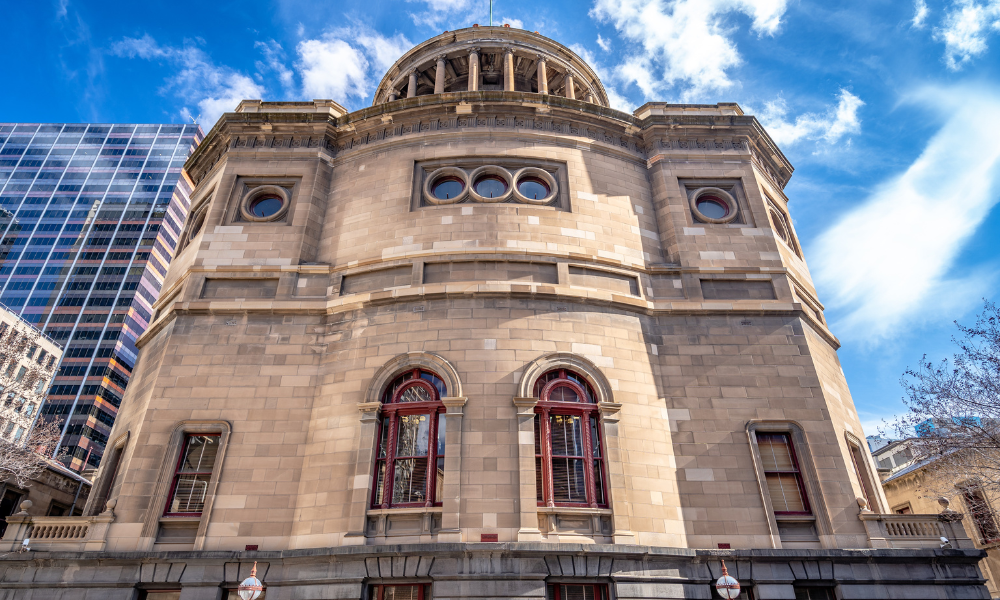
The court made strides in technology as the first Australian jurisdiction to issue AI guidelines

The Supreme Court of Victoria has released its 2023-24 Annual Report, which was tabled in parliament on November 28.
Chief Justice Anne Ferguson emphasised the judiciary’s dedication to maintaining the court’s core functions in a demanding environment. “This report demonstrates the dedication of the judiciary and staff to the core business of the Court in an increasingly challenging fiscal environment,” Justice Ferguson stated.
The Court of Appeal delivered 147 criminal judgments and 83 civil judgments over the year, with an increased focus on finalizing civil appeals. In the criminal division, the fast-track initiative has resulted in 48 per cent of committed cases being resolved through expedited processes, significantly reducing overall case duration. Meanwhile, the Commercial Court reported a more than 36 per cent rise in finalisations, reflecting ongoing efficiency improvements.
The common law division’s personal injury list continues to see significant growth, with a 26 per cent increase in initiations. More than half of these cases involved medical negligence claims, reinforcing the need for tailored case management approaches in this area. Associate judges’ chambers also reported increased activity, with hearings in Practice Court and specialist lists rising by 33 per cent.
Judicial mediation has played a key role in reducing the burden on the court, saving 1,081 hearing days. The Costs Court mediation program contributed an additional savings of 527 hearing days, underscoring the importance of alternative dispute resolution mechanisms.
The annual report also detailed innovative approaches, such as the use of automation to process opt-out notices in group proceedings and updated case management techniques for injury-related lists. The court made strides in technology and accessibility, becoming the first Australian jurisdiction to issue guidelines for the responsible use of artificial intelligence in litigation.
Community engagement remained a priority, with the Court of Appeal conducting sittings in Bendigo and Shepparton. Criminal trials were held in Ballarat, Latrobe Valley, Shepparton, and Wodonga, while civil circuits took place in Shepparton, Geelong, Wodonga, and Wangaratta. Livestreaming initiatives expanded, resulting in a 68 per cent increase in viewers from regional and remote areas.
Despite a 13.7 per cent increase in case finalisations—the highest since 2015-16—case initiations rose by 14.1 per cent, reflecting broader economic, social, and legal trends. Pending case numbers continued to grow, presenting ongoing challenges for the court.
Chief Justice Ferguson and CEO Michael Carroll reiterated the court’s commitment to adapting its operations and optimizing resources. Ferguson remarked, “Through our values of accessibility, integrity, transparency, innovation, and change, we have continued to build on our past achievements and drive improvements for court users.”